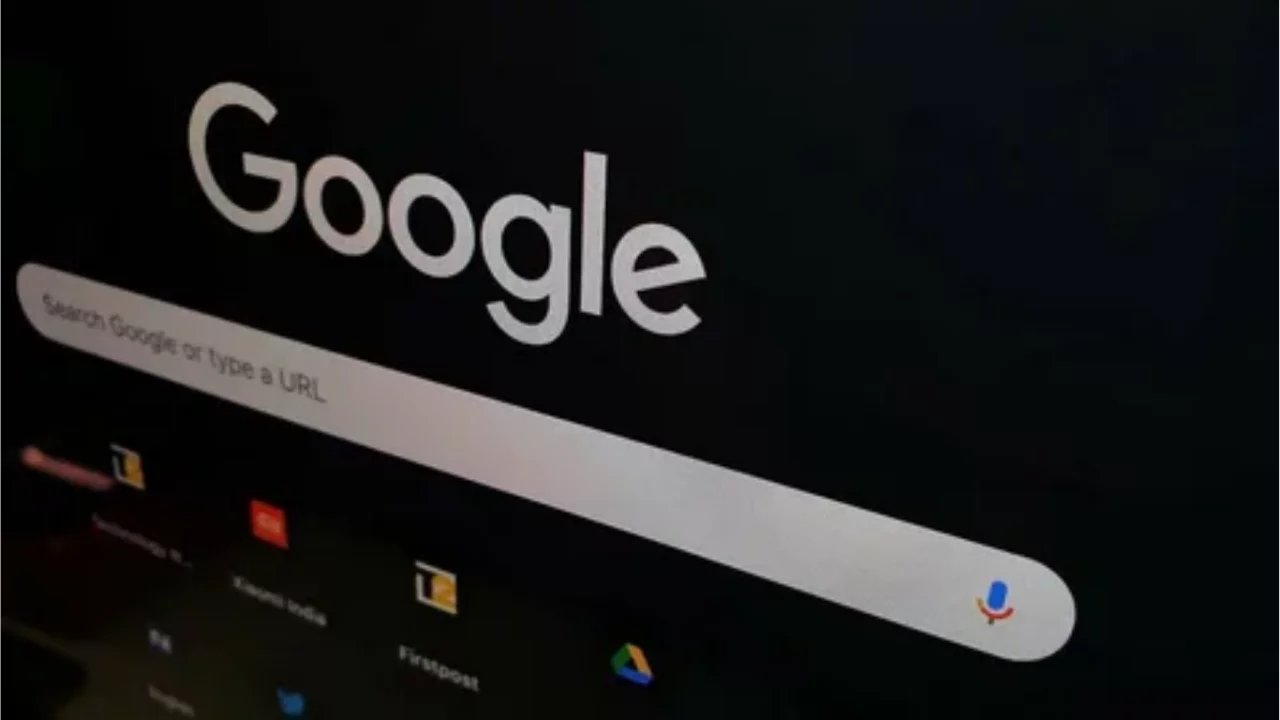Google search results aren't what you expected anymore — what changed?

In recent years, the rapid development of artificial intelligence technologies has begun to transform the core principles of the internet ecosystem. In particular, the implementation of AI-based features by major search engines like Google poses a serious threat to the future of millions of websites worldwide.
Google recently added a feature called “AI Overviews” to its search engine. This feature offers users a short answer generated by AI instead of traditional blue links. While these answers are sometimes accurate and useful, in some cases they have included incorrect or harmful information — for example, advising users to eat rocks or glue.
According to a recent study conducted by Pew Research Center in the United States, users are twice as unlikely to click on other site links when they see these AI answers. Even more concerning, in 26% of search results, users exited the browser entirely.
Websites — especially news, information, and blog platforms — primarily earn revenue through advertising. For this, they need large numbers of visitors. “Google search has been a lifeline for many websites,” says Lily Ray, head of search strategy at the US-based company Amsive. “AI Overviews are reducing visits by 20%, 30%, sometimes even up to 40%.”
This leaves many small and medium content creators facing a tough choice: continue producing quality material or shut down entirely.
Google, however, interprets the situation differently. The company claims it continues to direct users to billions of links every day and that there has been “no significant decline” in traffic. They argue the Pew study is based on a limited user base and an unrepresentative set of questions.
However, independent analysts — including Ray and other SEO experts — point out that the real situation is much more complex. Their actual website statistics show that AI answers are significantly reducing traffic.
There is also the danger of AI providing incorrect answers, which can pose a risk to users. “AI is taking away users’ ability to think independently,” says Ray. In traditional search, users compared different sources and made decisions. AI ends that process in just a few lines.
Google believes that users themselves are showing interest in AI services. According to them, this enables users to ask more questions and discover new websites.
But who wins in this process? And who loses?
If users no longer click on links, the biggest loss falls on authors and editorial teams working hard to create information. The most unfortunate consequence may be the limitation of the user's freedom of choice, ability to evaluate sources, and capacity to distinguish between different viewpoints.
Read “Zamin” on Telegram!













